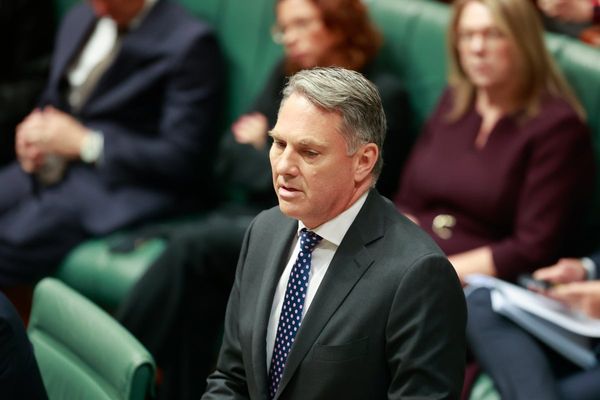The U.S. and India have an “enormous possibility” to enhance each other’s interests, according to External Affairs Minister S. Jaishankar.
“I think you will find the convergences today, far, far outweigh the divergences,” he said, adding that he did not want to think of the India- U.S. partnerships in terms of limits but, rather, in terms of possibilities, i.e., looking at how much the countries could “step on the gas.”
Mr. Jaishankar was speaking in New York at the Council for Foreign Relations, following his address to the 78th session of the United Nations General Assembly (UNGA).
The U.S. is “readjusting” to the world, Mr. Jaishankar said. Part of this is a long-term consequence of its wars in Afghanistan and Iraq, the other part is due to the world becoming more democratic and opportunities being more widespread.
Washington is getting into more fluid partnerships, he said, citing the Quad as an example, where the U.S. is in partnership with two treaty allies, Australia and Japan, and one non-ally, India. The U.S. and India are looking at the world and assessing where real and potential partnerships lie.
The Minister said the bilateral relationship had changed significantly in the last five years, across technology, people-to-people, security, economic and political domains.
Top three priorities
Mr. Jaishankar identified technology, defence and politics as the top three priorities for the relationship.
Highlighting the importance of technology as a determinant of the balance of power in the world, Mr. Jaishankar said the India-U.S. relationship had to focus very strongly on technology. The United States was an “optimal choice” for India, as per the Minister, who said, the U.S. too had a finite set of potential partners to work with.
A technology partnership spilled over into defence and security, he said.
Also read: Explained | What is the India, U.S. initiative on future tech?
Mr. Jaishankar suggested that India was a useful link between the U.S. and the Global South, which had become very distrustful of the Global North.
“It’s useful for the U.S. to have partners who, frankly think well of the U.S. and speak well of the U.S., often behind your back,” he said to laughter from the audience.
Human rights
The interaction at the CFR included several testy exchanges between Mr. Jaishankar and those asking questions. The Minister pushed back against concerns around democratic and human rights backsliding in India and allegations that the government had not adequately and expeditiously responded to the crisis in Manipur.
Reiterating his position around India performing worse in terms of freedom and democracy indices (published, for instance, by U.S. think tanks), Mr. Jaishankar dismissed these reports, alleging an ideological bias .
“Many of these reports are actually riddled with inaccuracies,” he said, adding, “So I put it to you that there is an ideological agenda out there.”







